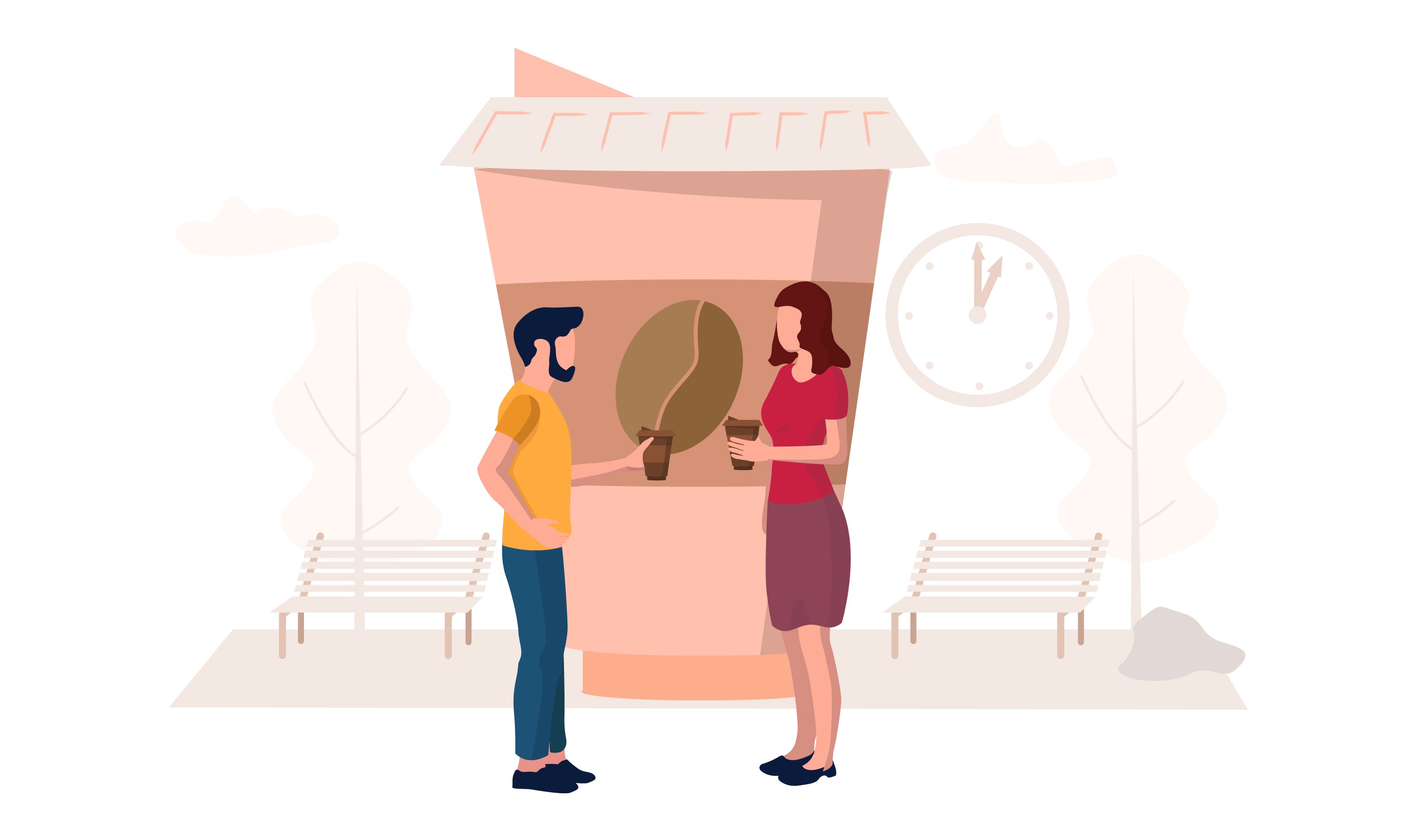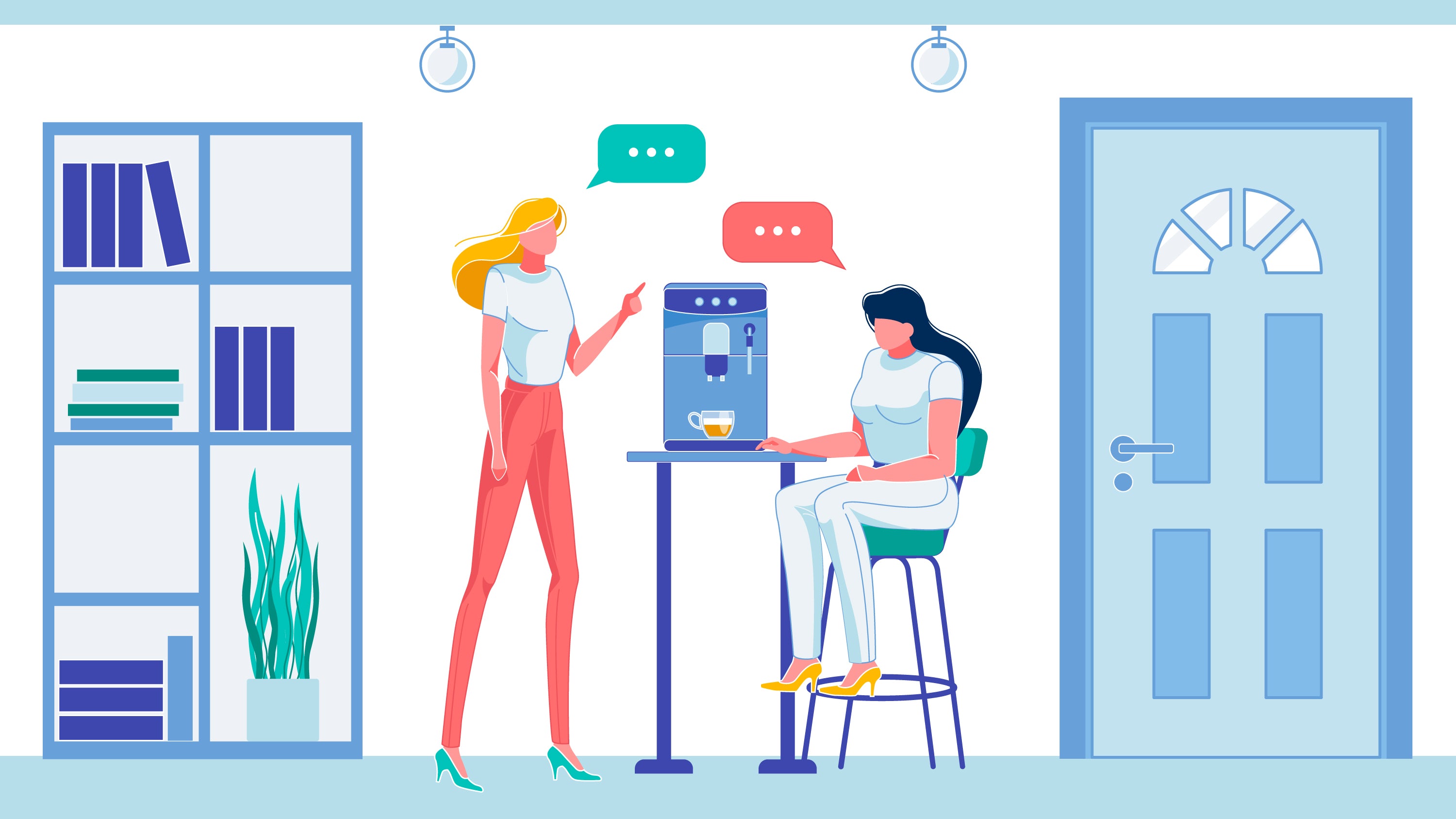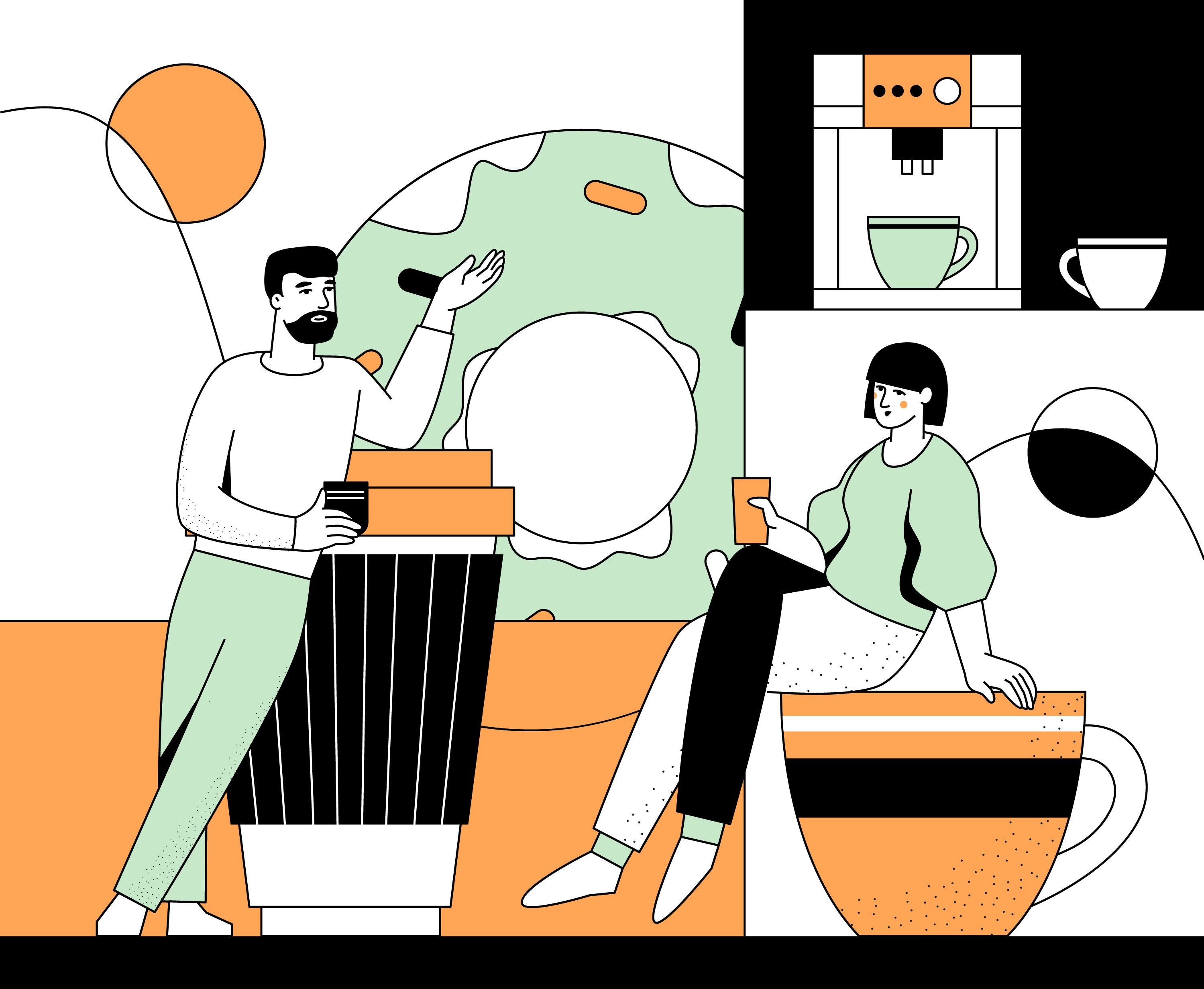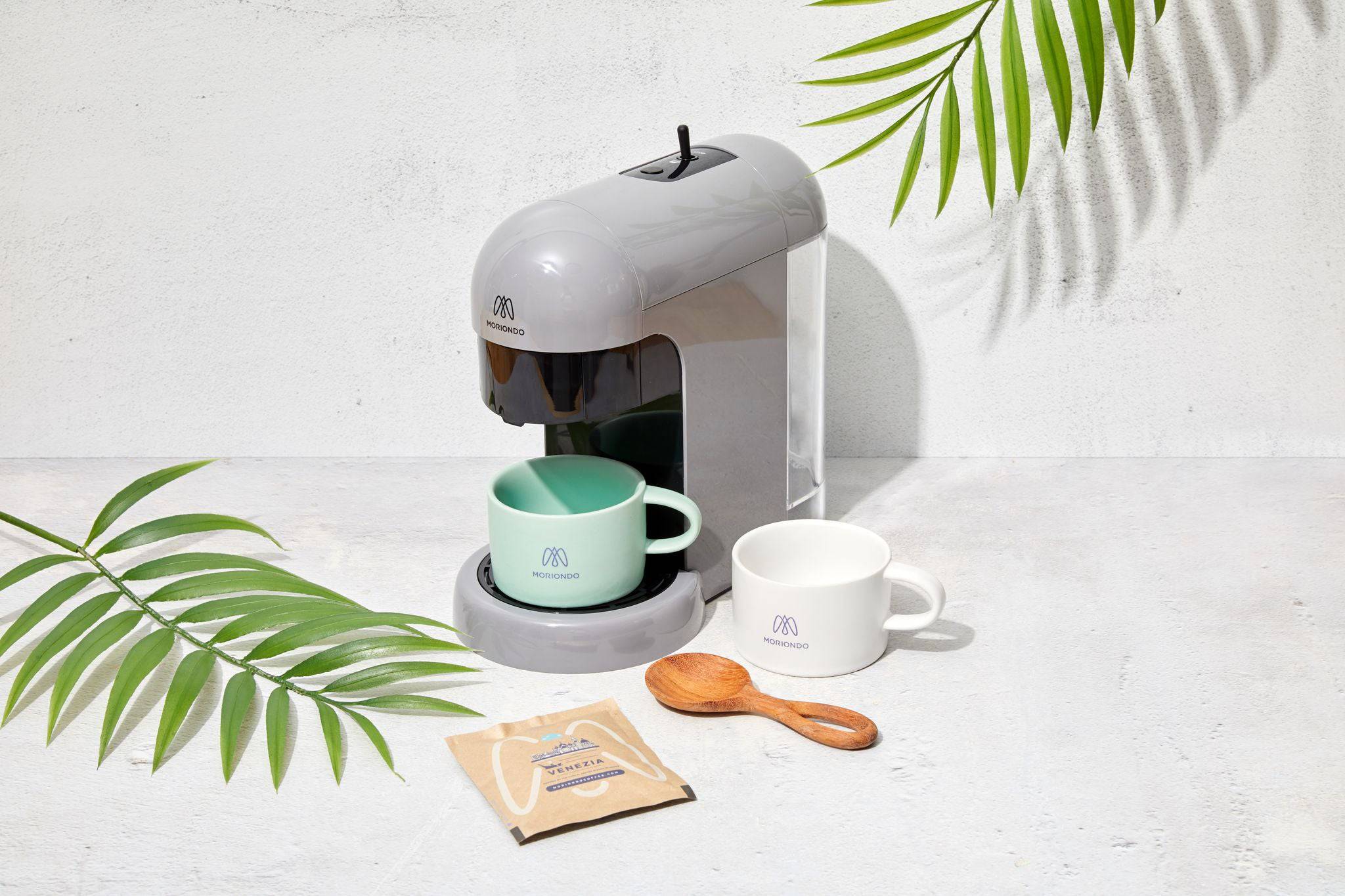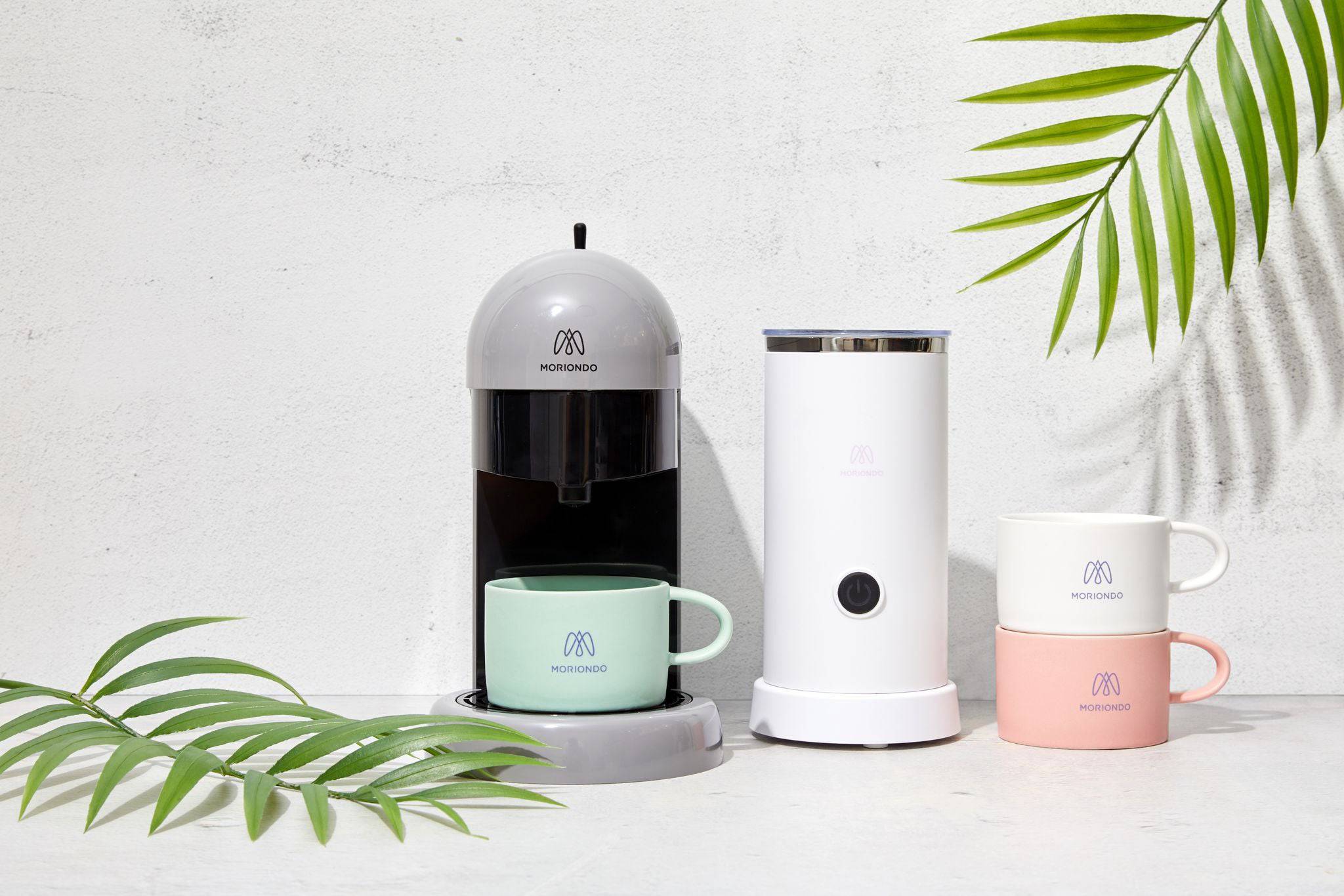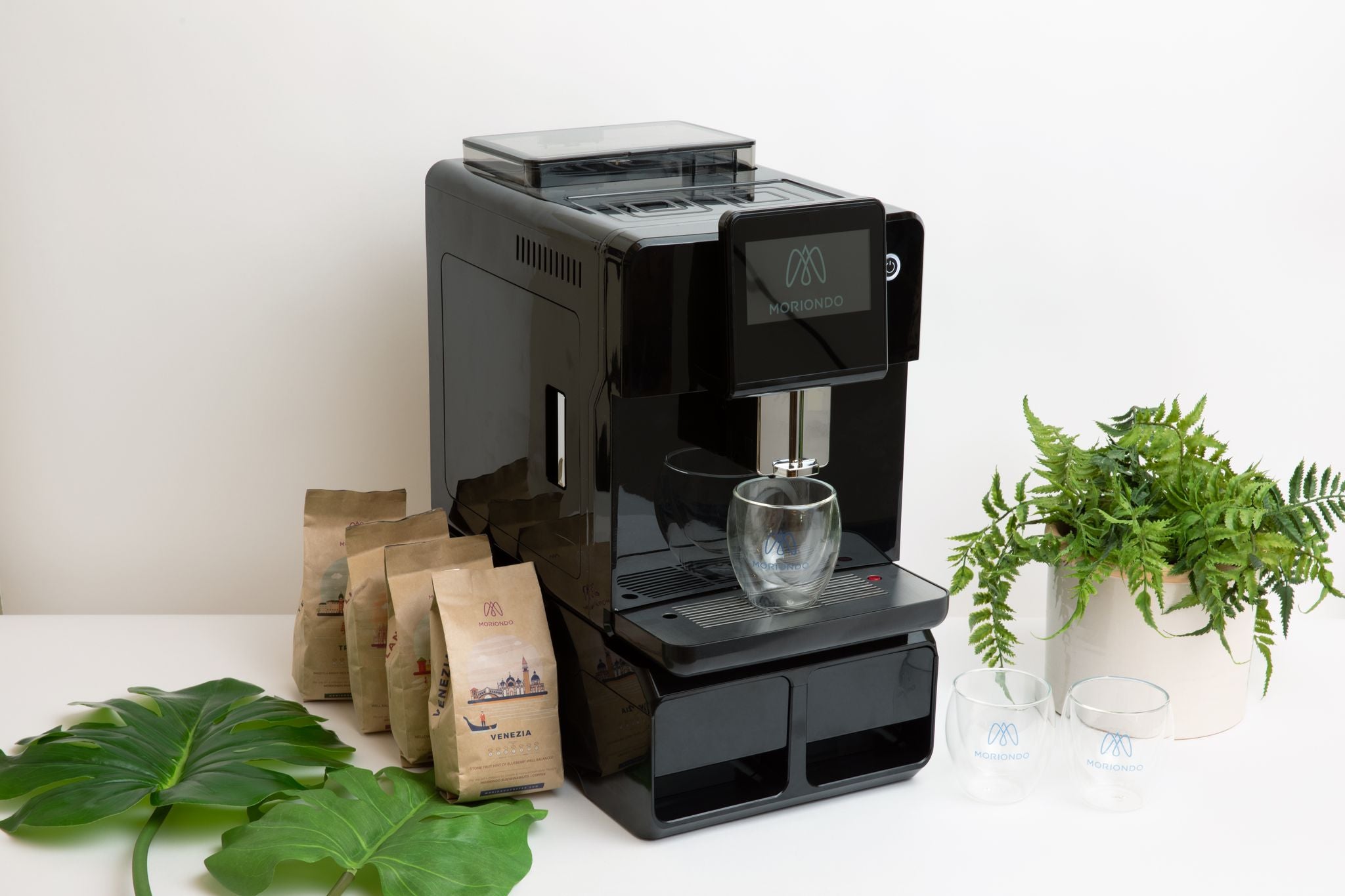Does Coffee Dehydrate You?
As you are no doubt aware, there is no finer way to wake up in a morning than with a delicious cup of coffee.
Coffee is a beverage enjoyed all over the globe, yet as tasty as it is, primarily it is its caffeine content that makes the beverage especially appealing. You see, these tasty cups of coffee have a high caffeine content and too much caffeine can potentially be dangerous.
Don’t get us wrong, there are health benefits associated with caffeine consumption as well, but there are also health risks and unpleasant side effects to consider. One concern amongst those who regularly consume coffee drinks is dehydration.
Dehydration can be very serious, and can lead to all manner of health issues and complications, which is why staying hydrated is so important.
But as there is evidence that caffeine’s effects can lead to dehydration, what does this mean for our early morning cups of coffee?
But does coffee dehydrate you? Let’s find out.
What is coffee?

It doesn’t matter whether you enjoy espresso, a latte, black coffee, milky coffee, or any other form of this tasty caffeinated beverage, it’s important to know what you’re drinking if you wish to understand its health benefits, and any risks it may pose.
Coffee is a beverage commonly enjoyed in a morning, which is brewed with near boiling water and enjoyed in a variety of different ways.
Made from coffee beans, there are many different forms of this delicious drink and if enjoyed in moderation, it actually provides a wide range of advantages for the human body.
What is caffeine?
As great as coffee is, because it contains high amounts of caffeine, we need to know how much caffeine to consume, and limit our caffeine intake if we wish to enjoy this tasty, hot beverage.
Caffeine is a naturally occurring stimulant found within tea, cacao, and coffee plants.
It is also added to energy drinks and has a stimulating effect on the brain and body and can give those who consume it a temporary increase in physical and mental energy.
Too much caffeine however, can be detrimental and can lead to caffeine withdrawal symptoms and other unpleasant side effects.
Caffeine works by stimulating the brain and CNS (central nervous system). Once you consume caffeinated drinks such as energy drinks, the stimulant is quickly absorbed into the bloodstream where it makes its way to the liver and is broken down into smaller components.
Here, it can target the brain by blocking the effects of a neurotransmitter known as adenosine.
Adenosine can cause the brain to relax, which can result in you feeling tired.
Caffeine binds to adenosine receptors in the brain, but doesn’t activate them. This in turn blocks the effects of the neurotransmitter and perks you up and leaves you feeling more alert.
As beneficial as that is, too much caffeine can still be dangerous, but how much caffeine is too much?
Well, don’t worry, we’ll get to that shortly. Before then, though, we’ll learn how coffee is produced.
How is coffee made?
Coffee beans come from coffee plants. They’re found within the fruit of the plant, which are known as cherries. These “cherries” take around one year to ripen. Once this happens, the beans can then be harvested.
After being harvested, the beans are then processed and roasted. As you know from those tasty cups of coffee you drink in a morning, coffee beans have a brilliant brown colour. This is from being roasted. In their raw state, they’re actually green. The beans are roasted until they split open and release their coating. Now they’re ready to be shipped, ground, and brewed.
How much caffeine is too much?
Like most things in life, you can have too much of a good thing, and that is especially true with caffeine.
As beneficial as caffeinated beverages like coffee and energy drinks can be, too much pure powdered caffeine, has been linked to a number of health issues and negative side effects.
This is why we need to watch our caffeine intake, limit caffeine consumption and understand exactly how much we should be taking in each day.
According to health experts, the recommended daily intake of caffeine in milligrams for healthy adults is 400 milligrams of caffeine each day. Anything above that would be deemed potentially dangerous. Just to give you an idea of how much that is in the real world, an average coffee serving contains around 90mg.
However, for adults suffering with hypertension (high blood pressure) or other cardiovascular issues, we should aim for a more moderate caffeine consumption and aim for no more than 200 milligrams of caffeine per day.
Is coffee a diuretic?
One reason why healthy adults are concerned about excess coffee consumption is because there have been claims that coffee can cause dehydration.
While there are truths to these claims (more on that later) we first need to look at whether coffee is a diuretic.
If something is a diuretic, it means that it causes your kidneys to produce more urine that normal, which in turn means that you urinate more. As you are essentially peeing out more water than you are consuming, diuretics can, overtime, cause dehydration.
The most obvious diuretic is alcohol. Anybody who has ever drank too much alcohol in the past will know just how much it makes you urinate.
This is because your kidneys are trying to remove the alcohol from your system as it is a toxin. In fact, the severe dehydration that goes with alcohol consumption is what is mainly responsible for a hangover the next morning.
So, is coffee a diuretic? Well, yes and no. If you exceed the recommended daily intake of caffeine through coffee each day, it can have mild diuretic effects on the body.
Does coffee dehydrate you?
Despite the fact that coffee can have mild diuretic effects on those who consume it in large amounts, the general consensus is that coffee does not dehydrate you.
Caffeine affects the body in different ways, and factors such as your lifestyle, body weight, and fluid intakes can all influence your overall hydration levels. Experts have found that, despite its diuretic effects if you consume too much caffeine, coffee does not actually cause sufficient fluid loss to lead to dehydration.
If we consume caffeine in large amounts, it can of course lead to serious health consequences, but overall, as long as you limit your coffee consumption to 400mg each day, or 4 average cups of coffee, it should NOT cause dehydration.
What are the warning signs of dehydration?
We now know that, consumed in moderation, drinking coffee does not dehydrate us, but that doesn’t mean that we aren’t at risk of dehydration. Dehydration can lead to all manner of health risks, which is why we need to be aware of what they are.
Warning signs of dehydration include:
- Anxiety
- Headaches
- Frequent urination
- Dark coloured urine
- Dry mouth
- Extreme thirst
- Difficulty concentrating
- Muscle cramps
- Reduced heart rate
- Low energy levels
- Constipation
How to stay hydrated
Staying hydrated is extremely important for numerous health reasons. Fortunately it is easy to do exactly that.
To begin with, try to ensure that you know how much caffeine you’re allowed and monitor your caffeine intake levels and that you don’t exceed the recommended daily intake.
You should also drink plenty of water, follow a healthy diet avoid too many caffeinated beverages and energy drink products, avoid caffeine if you have a headache, top up your fluid levels, and maybe switch to decaf coffee if you are concerned.
Final thoughts
So, as you can see, coffee does NOT dehydrate you, as long as you enjoy it in moderation.
Try to drink no more than four cups each day, drink plenty of water as well, and try to lead a healthy diet and lifestyle.
Coffee is not to be feared, in fact, it is very beneficial for the mind and body. The key is moderation.
Good Tasting Coffee: How to Identify Coffee Flavors

In order to appreciate the different types of coffee available, it's important to cultivate an awareness of its unique characteristics. Let's take a look at the way coffee connoisseurs judge different cups of coffee.
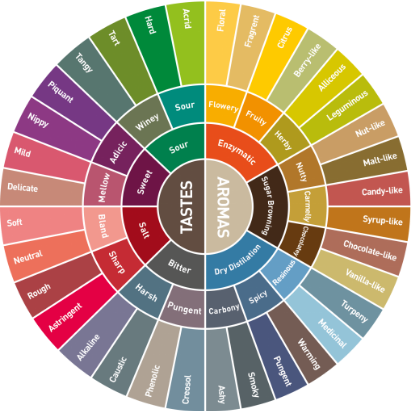
Aroma
The scent of a cup of coffee has a direct influence on how we perceive its flavor. As you drink coffee try to notice if the scent is smoky, fruity, earthy, spicy, nutty or grassy.
Acidity
One of the most defining characteristics of a cup of coffee is its acidity. This is the sharp, bright tangy quality of coffee that perks up our senses. Coffee doesn’t necessarily contain just one type of acid, either. It may contain citric acid, malic acid (fruity in flavor) or even quinic acid from stale coffee, which gives us stomach aches.
Body
This is the weight, thickness and texture of coffee in your mouth. The body of different types of coffee falls on a spectrum of light- to full-bodied viscosity (thin to thick).
Flavor
This is where comparisons come in handy and there is some overlap between aroma and flavor. Your coffee might taste bitter, sweet, savory or sour with common comparisons to chocolate, wine or fruit.
Related Posts
